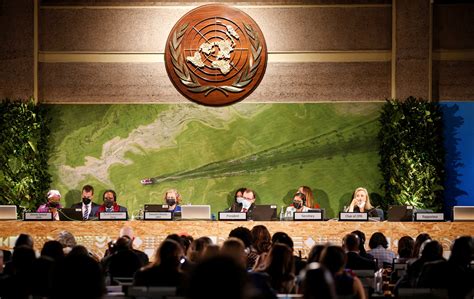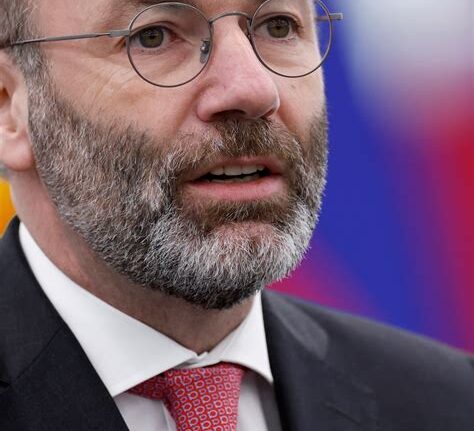Negotiators from across the globe gathered in Busan, South Korea, for what was expected to be a groundbreaking agreement to tackle the mounting crisis of plastic pollution. The United Nations summit aimed to pave the way for a comprehensive treaty that could revolutionize how nations approach plastic production and waste management. However, as the talks unfolded, tensions rose, culminating in a disappointing outcome as countries failed to reach a consensus.
The heart of the deadlock lay in the refusal of oil-rich nations spearheaded by Saudi Arabia to endorse any deal that imposed restrictions on plastic manufacturing. Despite tireless efforts and late-night deliberations by dedicated stakeholders, including EU negotiator Hugo Schally, negotiations crumbled without a resolution. The failure left many feeling disheartened, with Schally expressing deep regret over the missed opportunity for progress.
Amidst escalating concerns about environmental degradation due to plastic waste, Greenpeace dubbed this summit as one of unparalleled significance since the Paris climate accord. With oceans being inundated by approximately 10 million tons of plastic annually and projections indicating a potential tripling of global emissions from plastic production by 2050, urgent action is imperative.
Challenges Faced During Negotiations
The diverging priorities became starkly evident between countries advocating for stringent measures addressing root causes versus those reluctant to jeopardize their economic interests tied to plastic consumption. Ecuadorian diplomat Luis Vayas proposed suspending further discussions as critical issues hindered achieving a cohesive agreement.
EU and allied nations championed ambitious proposals aiming at curbing plastic production levels sustainably. However, behind closed doors, clashes intensified as oil-producing giants like Saudi Arabia resisted any moves threatening their vested interests in plastics. The blame game ensued with accusations levied against certain countries for obstructing progress throughout the arduous two-year negotiation process.
Insights & Analysis
Expert analysis suggests that imposing time constraints on such complex multilateral agreements might have been an oversight from the outset. Expecting swift resolutions within 18 months proved overly optimistic considering the extensive mandate encompassing diverse economic agendas and environmental imperatives.
Furthermore, disparities emerged regarding financing mechanisms and targeting specific pollutants within the treaty framework remain unresolved issues demanding future deliberation among nations involved in these crucial talks.
Facing Environmental Multilateralism Challenges
As reflections on this setback unfold, it’s clear that consensus-based approaches may grant veto power to reluctant parties hindering collective progress towards vital environmental goals. NGOs like Center for International Environmental Law underscored how leveraging options beyond consensus might be pivotal in advancing sustainable treaties effectively.
While disappointment looms large following Busan’s failed negotiations, there remains cautious optimism among advocates believing that concerted efforts can reignite momentum towards a much-needed global pact on plastics regulation. Panama’s delegation leader Juan Carlos Monterrey Gómez rallied supporters urging relentless pursuit despite setbacks encountered during this round of talks.
As nations regroup and recalibrate strategies post-Busan summit collapse, hopes are pinned on future sessions potentially heralding a transformative breakthrough in combating plastic pollution at an international scale.









Leave feedback about this